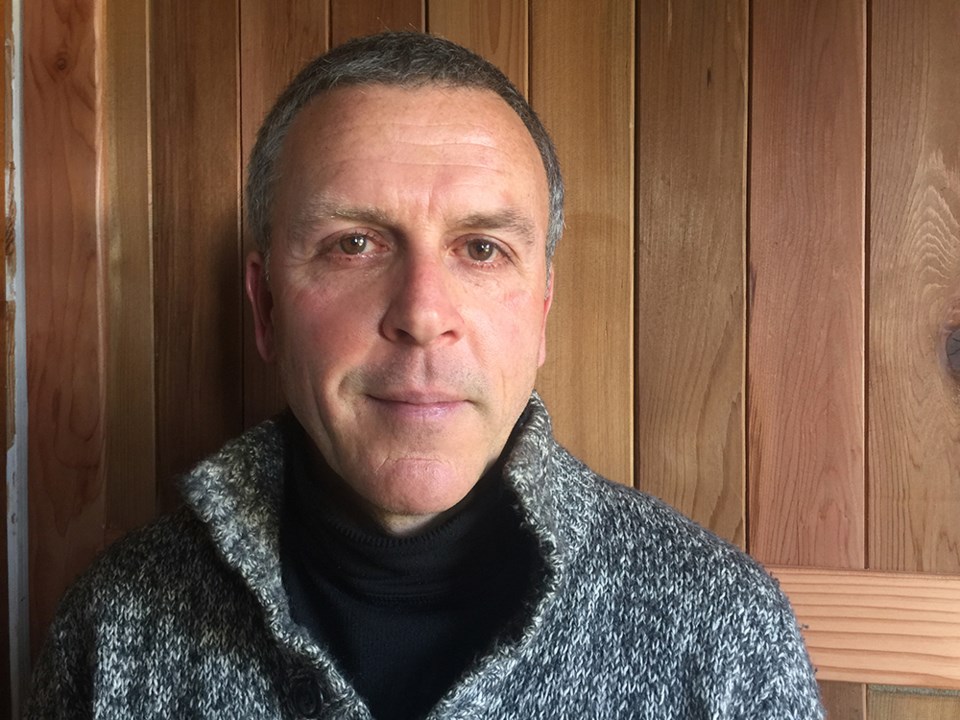The pandemic has made us think about many things all at once. And it’s caused many of us to reevaluate how we see important aspects of our society, how it works and how it doesn’t work at all.
Crises shine a bright, evaluative light on those in leadership positions, with intense scrutiny especially focused on politicians of all stripes and at all levels.
I’ve worked with quite a few leaders in my life: leaders of a federal political party; two BC premiers; cabinet ministers in high profile portfolios; city councillors; trade union leaders; First Nations leaders; non-profit leaders; crown corporation leaders. And I’ve been in some leadership positions myself.
I’ve written a lot of words for politicians (and others) to say. Sometimes my words have been inspiring or moving, sometimes purely technical, and sometimes adversarial in the sophomoric theatre of partisan politics. But they’ve been my words that have come out of other people’s mouths, which is odd when you think about it. Or it seems odd to me as I have thought about it.
What do we need in our political leaders at this time? What qualities would serve us best in the face of multidimensional crises and the opportunity (necessity) for profound change that they represent?
Authenticity is key
Authenticity seems critical to me. Leaders who live by the words they embrace and espouse publicly, both in their public-facing lives and in their personal lives. We all have “spidey sense” when it comes to authenticity. We can literally feel it in our sinews when someone is simply posing or positioning in a self-serving or inauthentic way. And we can feel it when we encounter authenticity in others, especially in politicians.
Part and parcel of authenticity is the ability to speak both authoritatively and humbly in one’s own voice. We need our leaders to rely less on the words advisers craft and trust their own voices, and trust us to listen to whatever wisdom or lack thereof we discern when politicians speak from their own hearts and minds.
Related to authentic voices, we also need depth and expertise. We need to demand that our politicians know what they’re talking about, particularly when they are engaging on issues of vital importance. Climate change. Inequality. Reconciliation with First Nations and the moral imperative to stretch substantively when it comes to the United Nations Declaration on the Rights of Indigenous People.
Fiscal policy. International relations in a constantly shifting geopolitical landscape. Trade policy. We need our politicians, at all levels, to know a great deal about all of these things and more. And then we need them to communicate clearly with us, sharing their thoughts and ideas about what best serves us all in this complex historical moment.
Compassion is required
We also need our political leaders to be compassionate. Genuine compassion comes from really knowing others, from having spent time living and working closely with people from radically different walks of life. Too often our political leaders become professional politicians, living in a rarefied world increasingly remote from the challenges that define life and death for so many and that bear no resemblance to the privileged life of a member of parliament or a prime minister, et cetera.
Of course no one is perfect and it is rare to find all of these qualities in any one person let alone in every one of our politicians. But. And. We need to find, support and encourage people to seek public office who have some or all of what I am describing. Wouldn’t that be great?



